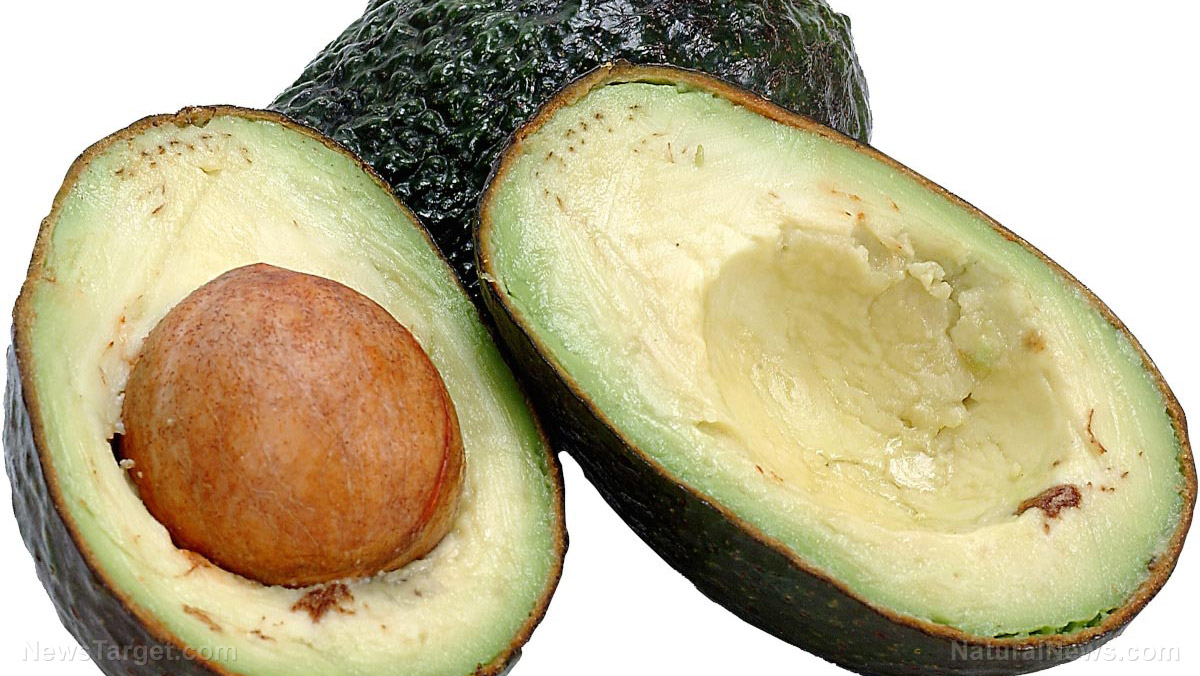
Advertisement
Avocados are fruits known to protect heart health. The American Heart Association (AHA) wrote in 2015 that eating one avocado a day can slash low-density lipoprotein (LDL) or bad cholesterol levels. However, a new study has shown that avocados can also help fight type 2 diabetes. According to the October 2019 study, a fat molecule found only in avocados is responsible for this health benefit.
Canadian researchers have suggested that the avocatin B molecule helps address insulin resistance. This fat molecule from avocados also improves insulin sensitivity.
For the study, the researchers gave mice high-fat diets for a period of two months. Avocatin B was then administered to half of the subjects twice weekly for a five-week period. Subjects given avocatin B reported an improvement in glucose tolerance, glucose utilization and insulin sensitivity. In addition, the mice given the healthy fat molecule weighed significantly less compared to those that did not.
The researchers also conducted a clinical trial for avocatin B using human subjects.
Based on the clinical trial results, human participants tolerated the fat molecule well. Participants following a Western diet that received avocatin B reported no side effects on their kidneys, liver or muscle. While human participants who took avocatin B had reported instances of weight loss, it was insufficient for scientists to deem it statistically significant.
The clinical trials on human subjects demonstrated the safety of avocatin B. The researchers plan on carrying out clinical trials to scrutinize the effect of avocatin B on people with metabolic health conditions.
How does avocatin B work?
The cells create energy through tiny structures called mitochondria. The mitochondria convert fatty acids to energy in a process called fatty acid oxidation. Difficulties such as insulin resistance can occur if they struggle to burn fatty acids completely.
A number of earlier studies have put forward that people with diabetes and obesity are more likely to have incomplete fatty acid oxidation.
Avocatin B steps in by stopping incomplete fatty acid oxidation in skeletal muscle. The molecule then increases glucose oxidation, reducing insulin resistance as a result. But the amount of avocatin B in avocados varies from fruit to fruit, and how the body extracts avocatin B from avocados remains unclear.
Study author and researcher Nawaz Ahmed said: “We advocate healthy eating and exercise as solutions to the problem, but that’s difficult for some people. We’ve known this for decades, and obesity and diabetes are still a significant health problem.”
Researcher Paul Spagnuolo, another study author, said he and his team have already received clearance from Health Canada to sell avocatin B in the country by next year. The researcher echoed his colleague Nawaz, cautioning that simply eating avocados will not provide sufficient amounts of avocatin B to gain the molecule’s potential benefit.
Other ingredients added to avocado make it unhealthy
AHA Nutrition Committee Chair Penny M. Kris-Etherton said there is a need to focus on getting people to eat a heart-healthy diet. This diet should include avocados and other nutrient-rich food sources of better fats, she added.
Kris-Etherton commented: “In the U.S., avocados are not a mainstream food yet – and they can be expensive, especially at certain times of the year.” She remarked that most people only know of avocados as a main ingredient in guacamole. The problem with guacamole is that it is typically eaten with calorie- and sodium-rich corn chips.
The medical professional said avocado can also be eaten with salads, other vegetables, sandwiches, lean protein foods like chicken or fish or even on its own.
Avocado toast is one recipe you can do to enjoy this fruit and get the needed avocatin B. It’s simple to make and you do not need a lot of ingredients to whip it up! Simply combine avocado, lemon juice, salt and pepper and gently mash everything with the back of a fork. Once mashed, spread the avocado mixture on top of toasted whole-wheat bread. Drizzle olive oil on the toast and enjoy.
Visit Superfoods.news to find out the anti-diabetic properties of avocados.
Sources:
Advertisements







